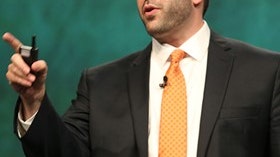Homepage
•
Learning Library
•
Blog
•
Adam Bellow's blueprint for changing the world
Expand breadcrumbs
Expand breadcrumbs
- Learning Library
- Blog
- Adam Bellow's blueprint for changing the world
- Homepage
- •
- Learning Library
- •
- Blog
- •
- Adam Bellow's blueprint for changing the world
Adam Bellow's blueprint for changing the world
By Nicole Krueger
September 29, 2014








